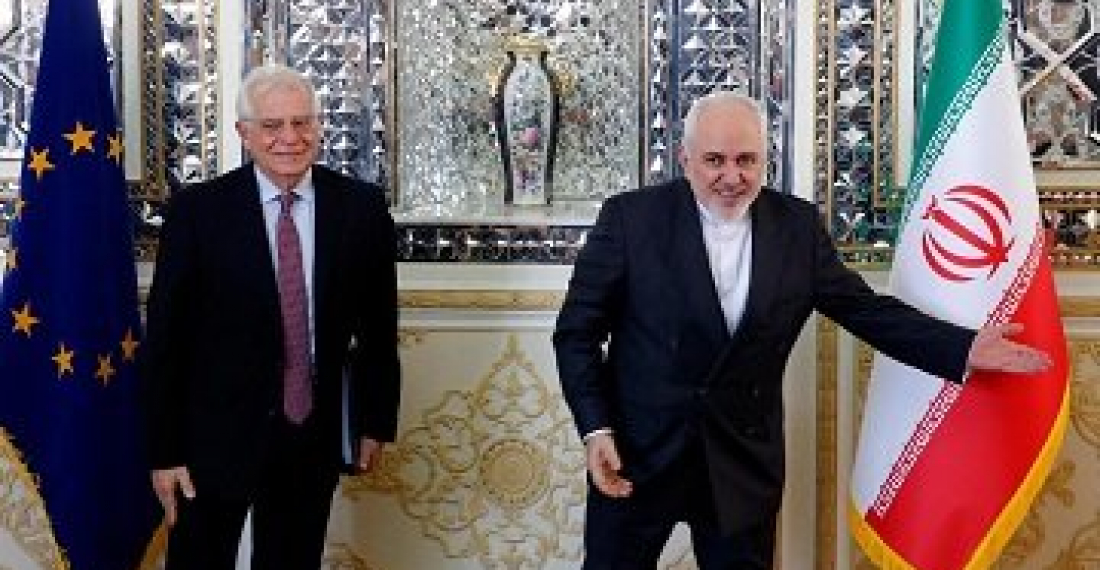The European Union 's High Representative for Foreign and Security Policy, Josep Borrell, made his first official visit to the Islamic Republic of Iran on 3-4 February 2020. He held meetings with the President of the Islamic Republic of Iran, Hassan Rouhani, the Minister of Foreign Affairs, Javad Zarif, and the Speaker of the Majlis, Ali Larijani.
A statement by the European External Action Service stated that during the meetings, the High Representative underlined his determination to carry forward the EU's efforts to contribute to de-escalation and pursue stability in the wider region, following the mandate given to him by the Foreign Affairs Council. "We need to look for ways to enhance trust and regional cooperation amongst all parties in areas such as disaster response, cross-border environmental or maritime issues." He underlined: "I will stay in touch with all relevant actors, to create a better mutual understanding."
The High Representative arrived in Iran following an official visit to Jordan, and had recently had contacts with the Foreign Minister of Saudi Arabia, the Foreign Minister of the United Arab Emirates and the President of Iraq on these issues. Later this week, the High Representative will be travelling to the United States, where he will have talks with Secretary of State Pompeo and other high-level counterparts.
In his meetings with Iranian interlocutors in Tehran, High Representative J.Borrell also discussed the state of the Iran nuclear agreement, the Joint Comprehensive Plan of Action (JCPOA). He underlined the need for a full implementation of the JCPOA by all sides. He said: "As Coordinator of the JCPOA Joint Commission, I am determined to do everything to preserve this deal which is key to regional and international security. We are continuing to work with all participants to make progress. We expect Iran to return to full compliance with its nuclear commitments. But Iran needs to be able to benefit economically from sanctions lifting." He also emphasised the important role of the International Atomic Energy Agency in monitoring Iran's nuclear commitments.
The High Representative also underlined the EU's willingness to deepen its bilateral cooperation with Iran on issues of common interest. In this context, both sides agreed to continue discussions during the upcoming EU-Iran High-Level Dialogue, which will be held in March 2020 in Tehran. The High-Level Dialogue addresses political, security and human rights issues, as well as important sectoral cooperation, including trade, environmental issues, migration, and issues of nuclear safety. This cooperation is underpinned by a financial envelop of about €150 million between 2018 and 2020.
source: commonspace.eu with the press service of the EEAS
photo: Iranian Foreign Minister Mohammad Javad Zarif (L) greets EU High Representative of the European Union Josep Borrell at the foreign ministry in Tehran, Iran, 03 February 2020.






